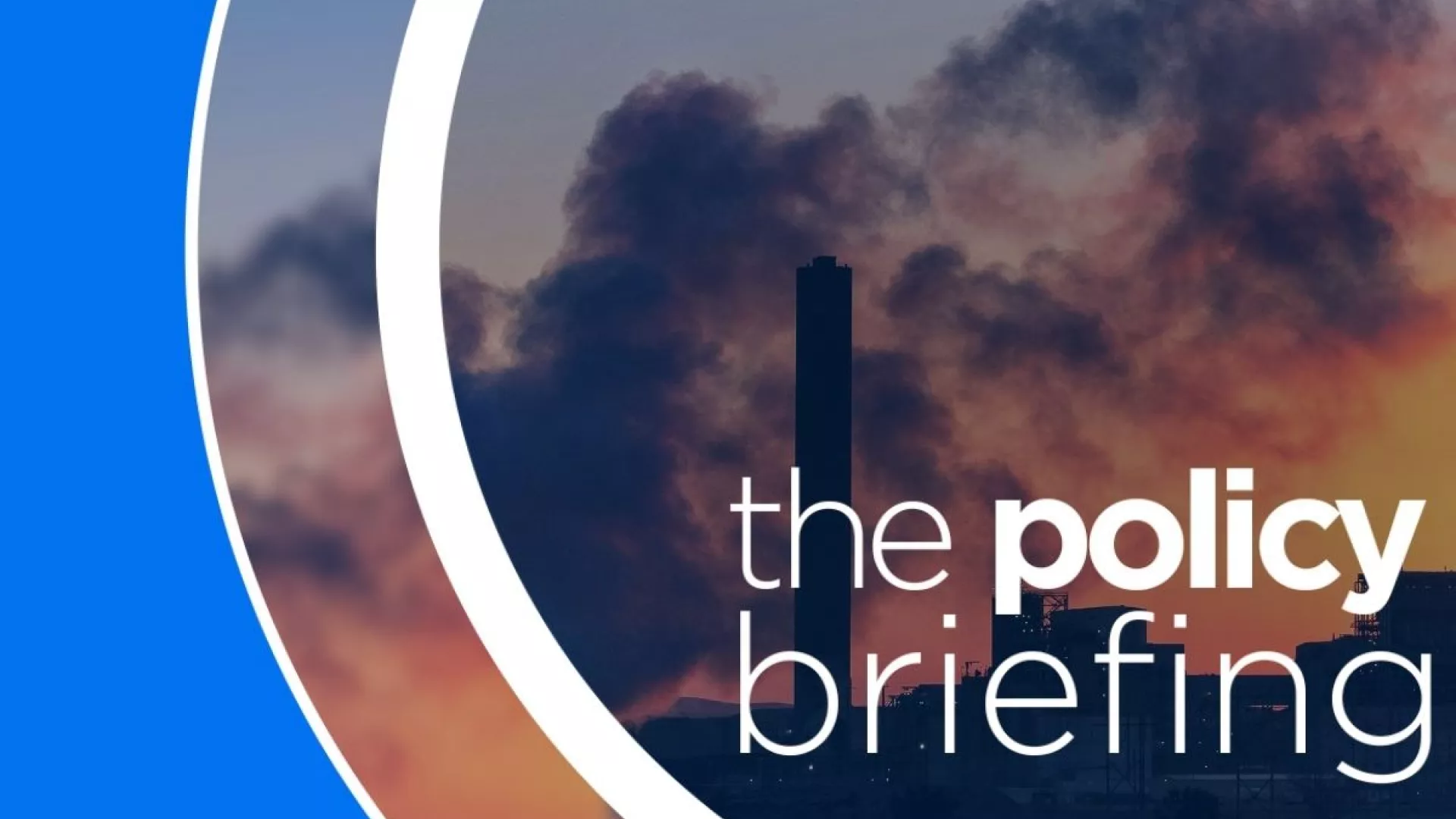 This week’s key events presented by Euronews’ senior energy and environment reporter Robert Hodgson
This week’s key events presented by Euronews’ senior energy and environment reporter Robert Hodgson
Key diary dates
Monday 28 October: The United Nations Framework Convention on Climate Change (UNFCCC) releases annual 10 New Insights in Climate Science 2024 policy report, ahead of COP29.
Wednesday 30 October: Ex-Finnish President Sauli Niinisto will present Ursula von der Leyen with a report on defence preparedness.
Thursday 31 October: Former Italian Prime Minister Enrico Letta, and Mairead McGuinness, European Commissioner, Financial services, financial stability and Capital Markets Union discuss investment at the International banking Conference in Madrid.
In spotlight
There are now just two weeks to go before world leaders gather in the Azeri capital Baku to pay hommage to the goal set nine years ago in Paris, where almost 200 countries agreed they would “strive” towards limiting global average temperature rise to within 1.5°C of where it stood in the last half of the nineteenth century.
Today they received another nudge from a panel of renowned scientists who warned the impact of climate change goes way beyond mere hot summers. In an annual report offering researchers’ latest insights into climate science, they point to direct links with maternal and infant mortality, and the increasing vulnerability of essential systems from water supplies to energy grids and telecommunications.
“This report confirms that the world faces planetary scale challenges, from the rise of methane emissions to the vulnerability of critical infrastructure,” said Johan Rockström, director of the Potsdam Institute for Climate Impact Research, and one of the report’s authors.
“It shows that rising heat, ocean instability and a tipping of the Amazon rainforest could push parts of our planet beyond habitable limits,” Rockström said.
What to be do? So far, not enough, if the UN’s latest report into the gap between concrete action and the goals fixed in the Paris Agreement is anything to go by. Last year saw record global greenhouse gas emissions and the only reason we haven’t breached the aspirational 1.5-degree limit already is because it’s based on a 30-year average. Even the headline Paris limit of two degrees is looking decidedly shaky.
The COP29 climate summit in Azerbaijan has been dubbed the ‘finance COP’ – the central issue up for debate is who pays the trillions of dollars developing countries need to cope with increasingly extreme weather, and to avoid relying on fossil fuels as a motor for growth by jumping straight to clean energy. China, to name the elephant in the room, does not contribute to the existing $100bn annual pot, which will be replaced with a new system from 2025.
Governments have until February to submit updated ‘nationally determined contributions’ (NDC) to 2035 towards the global effort to cut emissions, and these will be the basis of talks at the next COP, number 30, to be held not in the capital of an authoritarian petrostate but at the gateway to the Amazon in Bélem, Brazil. Some countries, including the UK and COP30 host Brazil, have already indicated they will unveil their new NDCs in Baku. Domestically, the European Commission is planning to set a 2040 target of 90%. While the finance is essential, it is ultimately the emissions cuts that count.




